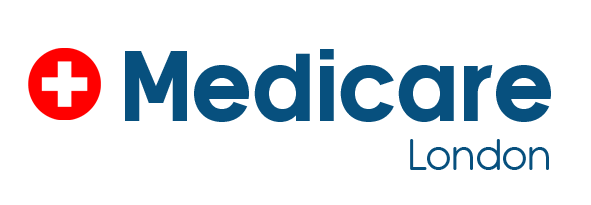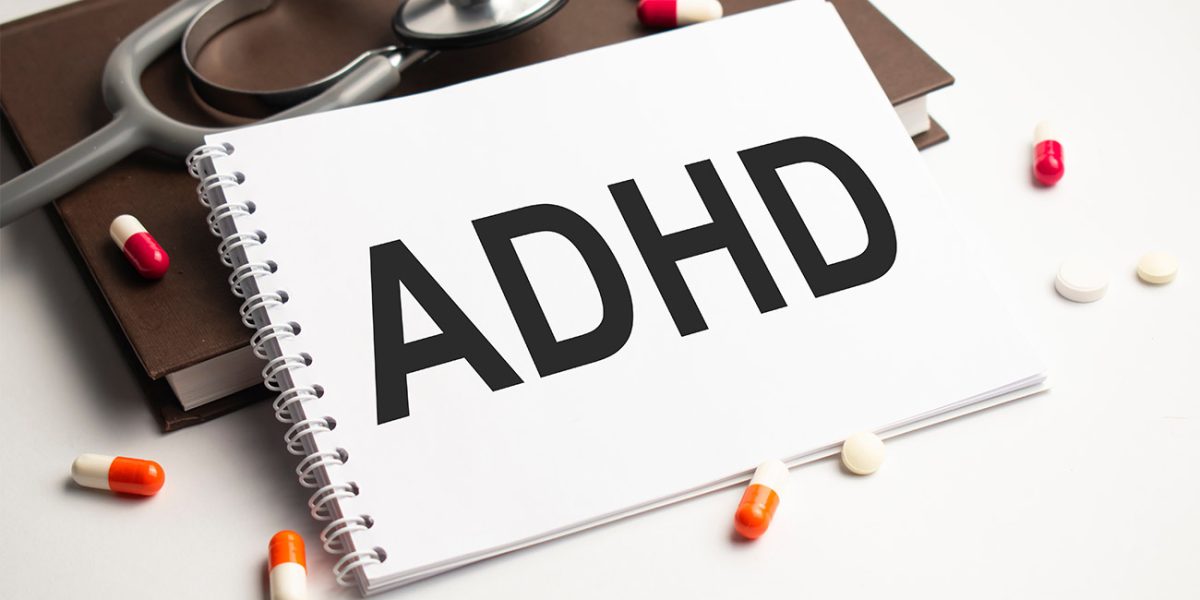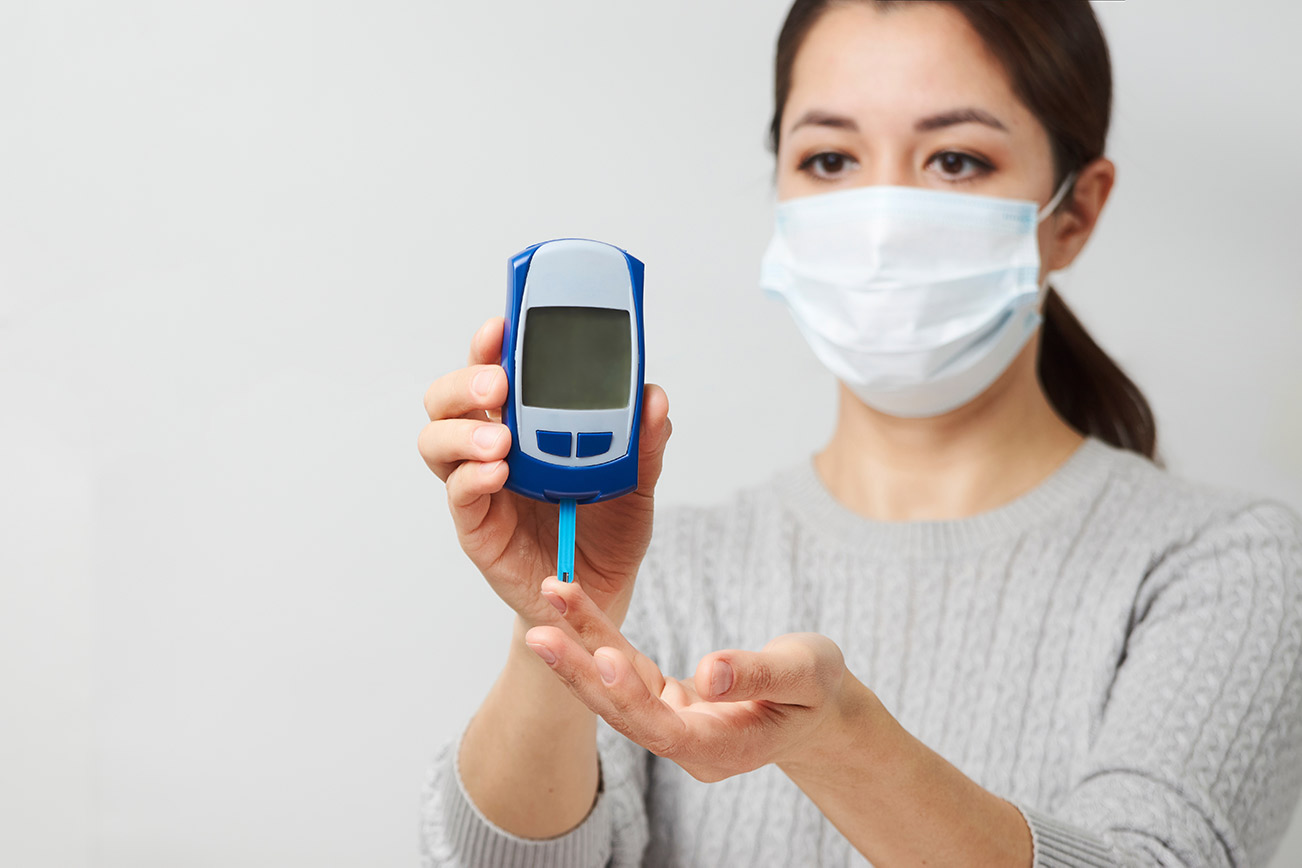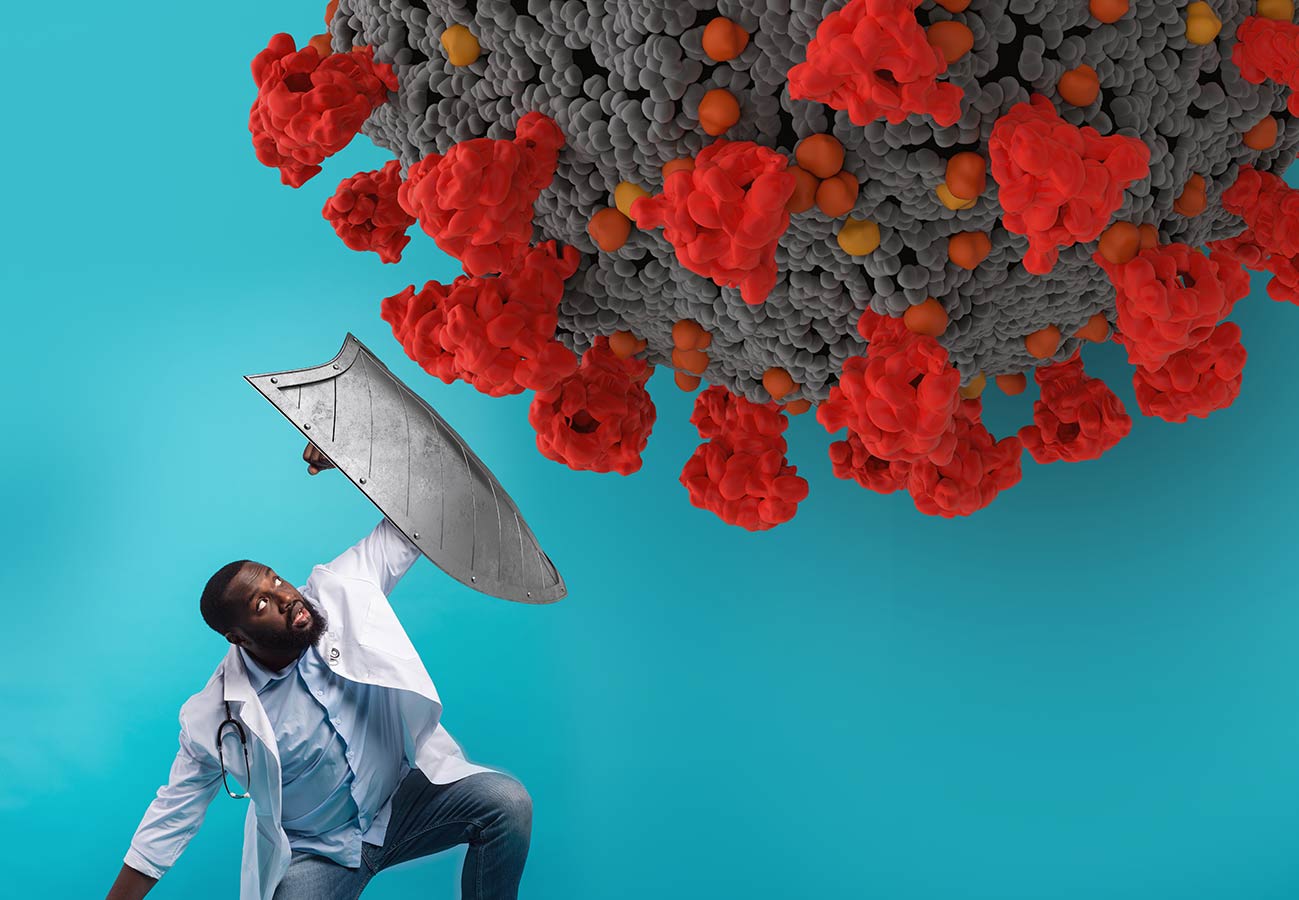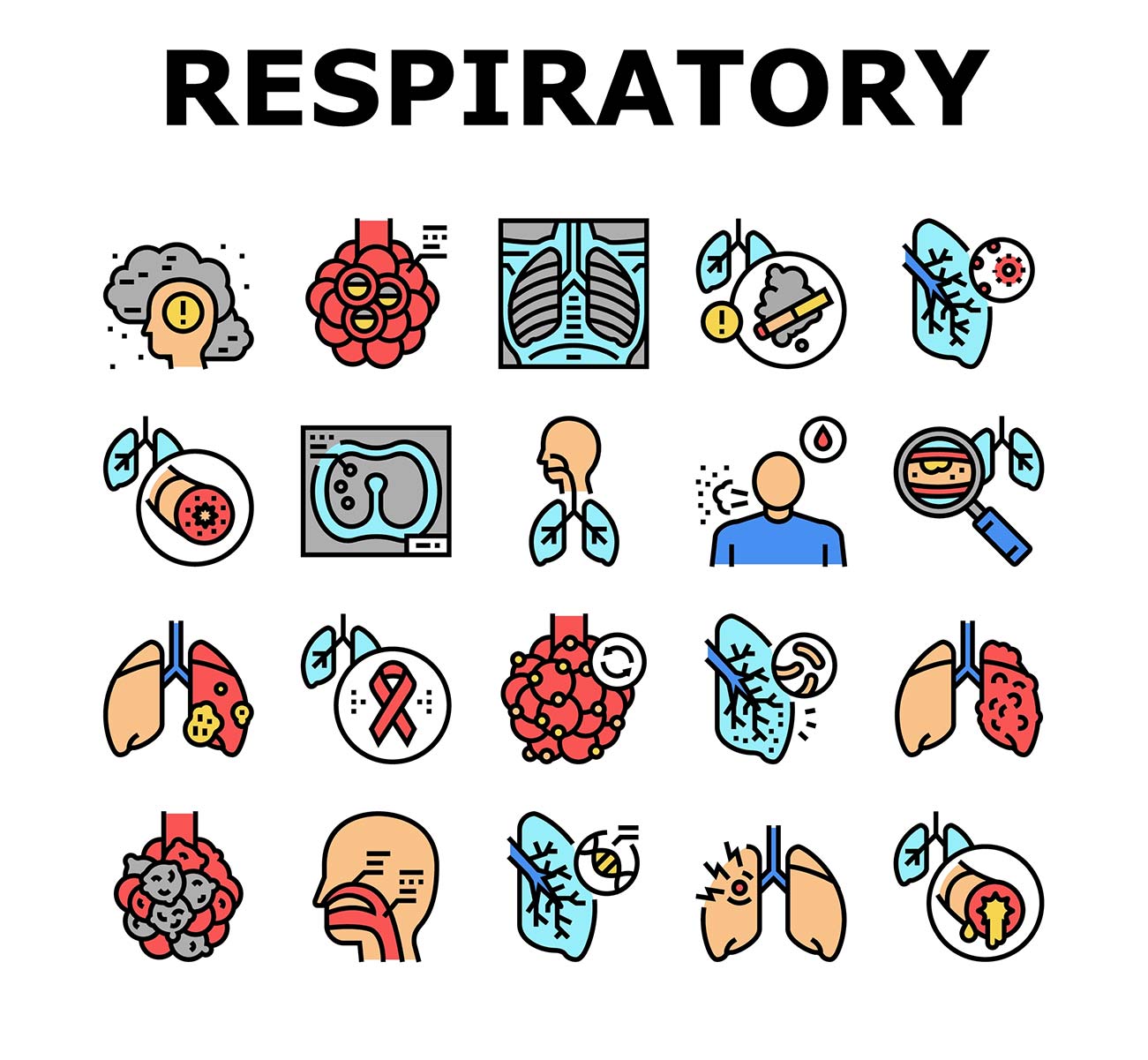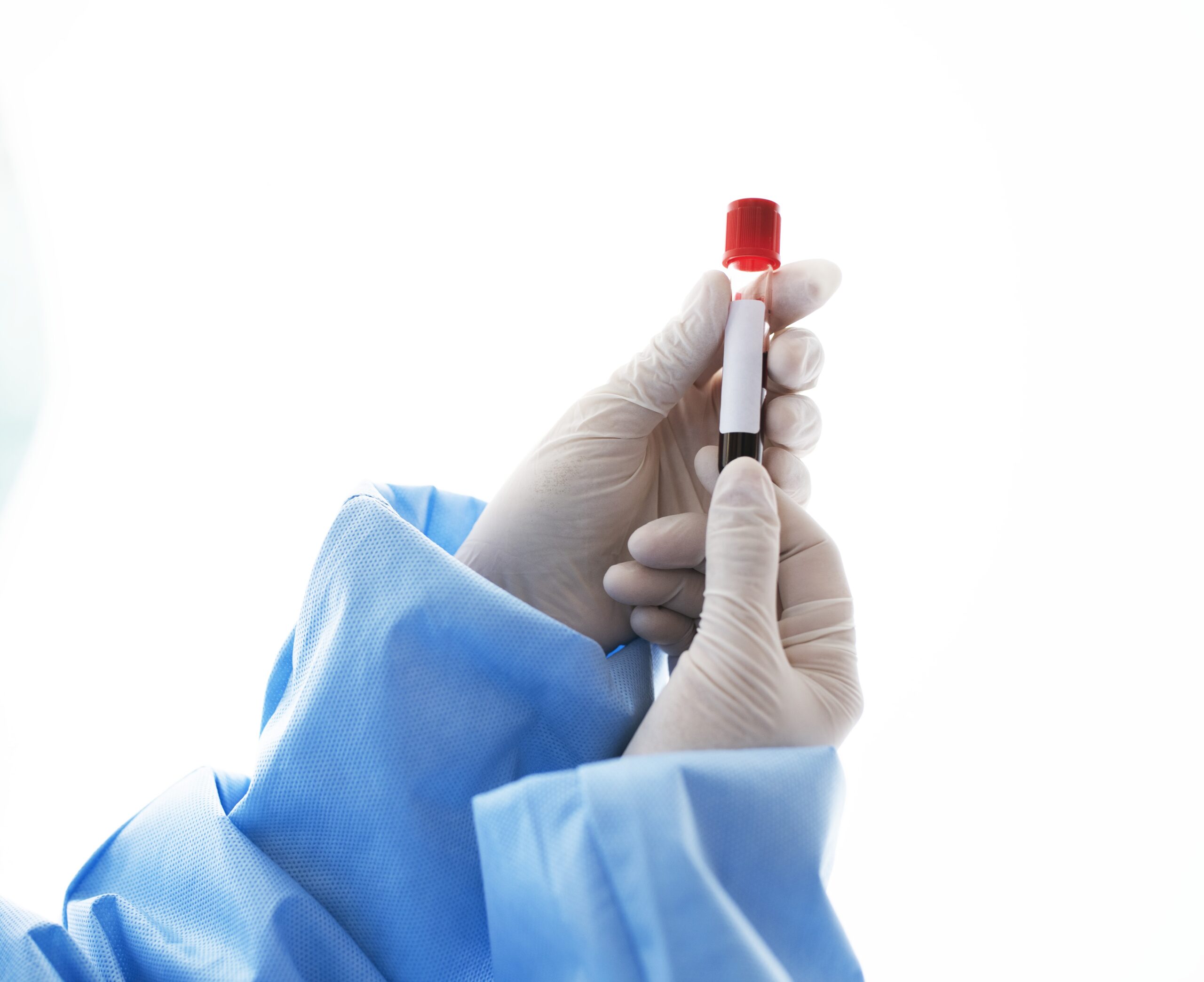The COVID-19 pandemic took a toll on us all. However, individuals with underlying neurological and psychological conditions have been hard hit. ADHD patients appear to have had a more challenging time adjusting to the pandemic than others, making them more susceptible to its various difficulties. Individuals with attention deficit hyperactivity disorder (ADHD) have trouble focusing or restraining their impulsive energy.
ADHD is a prevalent neurodevelopmental disorder that negatively impacts children from 3 to 17 years old and adults. People with ADHD have demonstrated increased rates of mental health issues, difficulties following safety measures, less economic success throughout the pandemic, and detrimental effects on behavioural, emotional, and cognitive skills. These people will certainly need significant levels of assistance as the covid-19 crisis subsides, including treatment, psychotherapy, and school and workplace accommodations to achieve optimal productivity.

Students With ADHD
Most children were required to participate in virtual learning due to the COVID-19 pandemic. Caregivers of ADHD children noted substantial behavioural changes in their wards during that time, pointing to a more severe case of fundamental panic disorder. Many ADHD kids have had a rough time adjusting after returning to the classrooms. They have required more assistance to also readjust to a structured routine. They have equally depended on executive functioning abilities (self-regulation skills) that they may not have received support with during the online learning phase. These abilities include self-monitoring, paying attention, regulating emotions, and staying focused on a given task.
The increased struggle among children with ADHD is not surprising. This is because of the combination of digital learning, easy access to devices and longer hours spent on the internet and social media. The ADHD symptoms, behavioural issues, executive dysfunction, and family issues also increased during the pandemic. For some, these, coupled with difficulties encountered by exhausted parents and caregivers, has prompted ongoing dispute and clash even as the covid-19 is gradually fading away. Families continue to seek mental health care for children and parenting guidance on how to cope with these issues.
Work Challenges for Adults With ADHD
For people with ADHD, the COVID-19 pandemic’s effects on routine disruptions posed a specific problem. Unlike their neurotypical friends and coworkers, these people always require planning but are prone to struggle when their routines alter. Developing a new schedule demands the capability to independently plan, organise, and execute, which is particularly difficult for those with ADHD, many of whom felt a decline in motivation and an upsurge in distractions during the pandemic.
Many found it difficult to concentrate due to their easy access to the internet and gadgets. Loss of person-to-person (P2P) work stimulus and a reduction in the capacity to work alongside a colleague (body double) on a task they don’t like to undertake to boost engagement and accountability were both factors. People with ADHD are quickly distracted and are more likely to overlook social and environmental signs. The impact of the masking instructions and regular adjustments to these regulatory requirements and other restrictions has most certainly intensified these issues and associated stress. It’s essential we support people with ADHD as they try to cope with dynamic regulatory measures, such as adjustments to masking requirements.
It’s now more necessary than ever to examine neurodevelopmental history to identify early indications and symptoms of ADHD. Even neurotypical persons (people who do not have ADHD) who never had any issues have found themselves more unsettled and disturbed during the COVID-19 crisis. Some persons sought treatment for possible ADHD as a result.
ADHD patients may be more vulnerable to long covid or neuropsychiatric symptoms brought on by the covid-19 infection. Long covid is a growing problem. The symptoms for some people include cognitive decline, memory loss, sleep disruption, and elevated anxiety. These symptoms are similar to ADHD, so a proper diagnosis and course of treatment are necessary. The PCR clinic in Leicester Square is open for all covid-19 diagnoses. Treatment of ADHD at an early stage before it becomes chronic is imperative.
